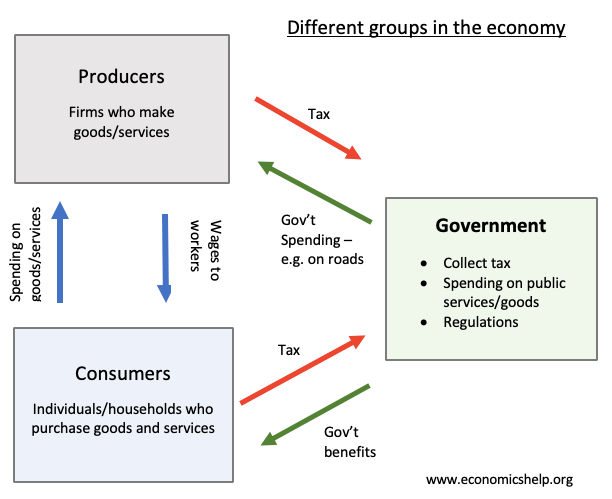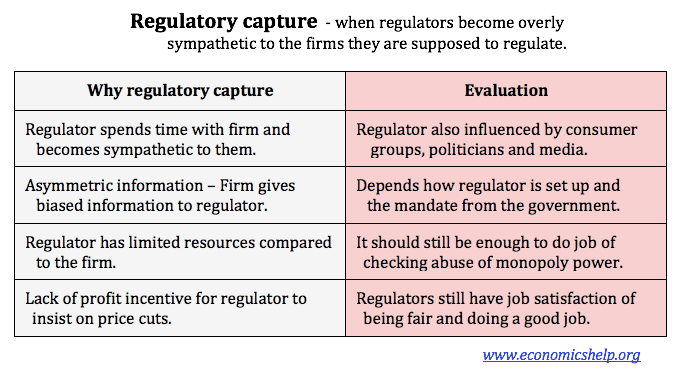Loss Leaders
A loss leader is a product that is sold at less than cost. The firm sells this product at a loss as a way to encourage consumers to shop and buy other goods. The firm hopes to recoup the lost profit by increased sales of more profitable items. A good example of a loss leader …


